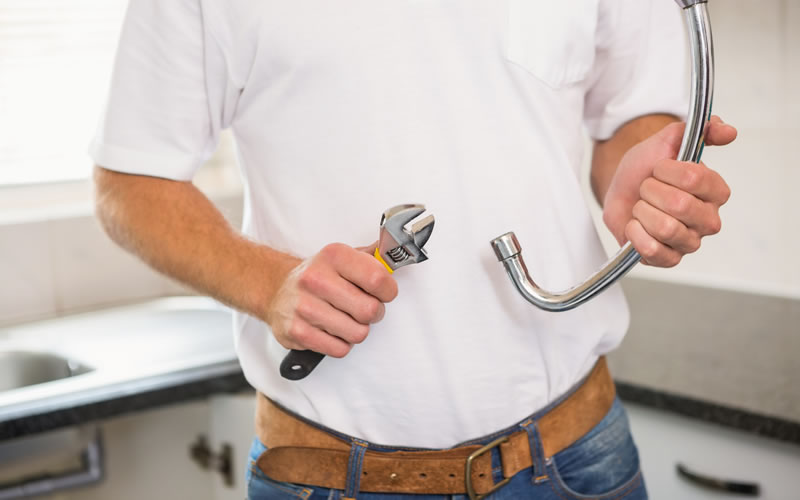A clogged shower drain is one of the most common plumbing issues homeowners face. It can turn a refreshing shower into a frustrating ordeal, leaving you ankle-deep in water and dealing with unpleasant odors. Fortunately, most clogged shower drains can be fixed with a little effort and some basic knowledge. In this article, we will explore the causes of shower drain clogs and provide practical solutions to handle and prevent this common problem.
Clogged shower drains are typically caused by a buildup of hair, soap scum, and other debris that accumulates over time. Hair is the primary culprit, as it easily gets trapped in the drain and meshes with soap residue to form stubborn blockages. Over time, this combination creates a dense mass that restricts water flow. Other contributing factors can include hard water deposits, shower products like oils and gels, and even small objects accidentally dropped down the drain.
The first step in dealing with a clogged shower drain is to identify the severity of the clog. A slow-draining shower usually indicates a partial blockage, while standing water that won’t drain suggests a more severe clog. For minor clogs, a simple method like using a drain cover to catch hair and debris before they enter the drain can be effective. A drain cover is a preventative measure that can significantly reduce the frequency of clogs.
One of the simplest and most effective ways to clear a minor clog is by using a plunger. Place the plunger over the drain and fill the shower with enough water to cover the plunger’s cup. Move the plunger up and down rapidly to create suction and dislodge the blockage. This method can often clear minor clogs without the need for chemicals or specialized tools.
If the plunger doesn’t work, a mixture of baking soda and vinegar can be a natural and effective solution for clearing clogs. Start by pouring a cup of baking soda down the drain, followed by a cup of white vinegar. The chemical reaction between the two substances will help break down the clog. Let the mixture sit for about 15-30 minutes, then flush the drain with hot water. This method is eco-friendly and safe for most plumbing systems.
For more stubborn clogs, a plumber’s snake or drain auger may be necessary. Insert the snake into the drain and turn the handle to push it through the blockage. As you twist and push, the snake will break up the clog and allow water to flow freely. It’s important to be gentle to avoid damaging the pipes. This tool can be particularly effective for reaching deep-seated clogs that other methods can’t address.
Chemical drain cleaners are another option, but they should be used with caution. While effective at breaking down clogs, these products often contain harsh chemicals that can damage pipes, especially if used frequently. If you choose to use a chemical cleaner, follow the manufacturer’s instructions carefully and ensure proper ventilation. Use protective gear to avoid contact with the skin or eyes.
Preventing future clogs is as important as addressing the current one. Regular maintenance can keep your shower drain functioning smoothly. One easy preventative measure is to periodically flush the drain with boiling water. This helps dissolve soap scum and loosen hair before it becomes a full-blown clog. You can also pour a cup of baking soda followed by a cup of vinegar down the drain monthly to keep it clear.
Installing a high-quality drain cover is another effective prevention strategy. These covers catch hair and debris before they enter the drain, reducing the chances of clogs. Make it a habit to clean the drain cover after each shower to prevent buildup. Additionally, brushing your hair before showering can minimize the amount of hair that sheds into the drain.
Regular inspection and maintenance of your plumbing system can also help identify potential issues before they become major problems. If you find that your shower drain clogs frequently, despite taking preventative measures, it may indicate a deeper issue within your plumbing system. In such cases, it’s best to consult a professional plumber who can diagnose and address any underlying problems.
By understanding the causes of clogged shower drains and implementing these practical solutions, you can handle and prevent this common issue effectively. Whether it’s using a plunger, a baking soda and vinegar solution, or a plumber’s snake, there are various methods to clear clogs and maintain a smoothly functioning shower drain. Preventative measures like using a drain cover, regular flushing with boiling water, and periodic cleaning can keep your shower drain clear and free-flowing.
